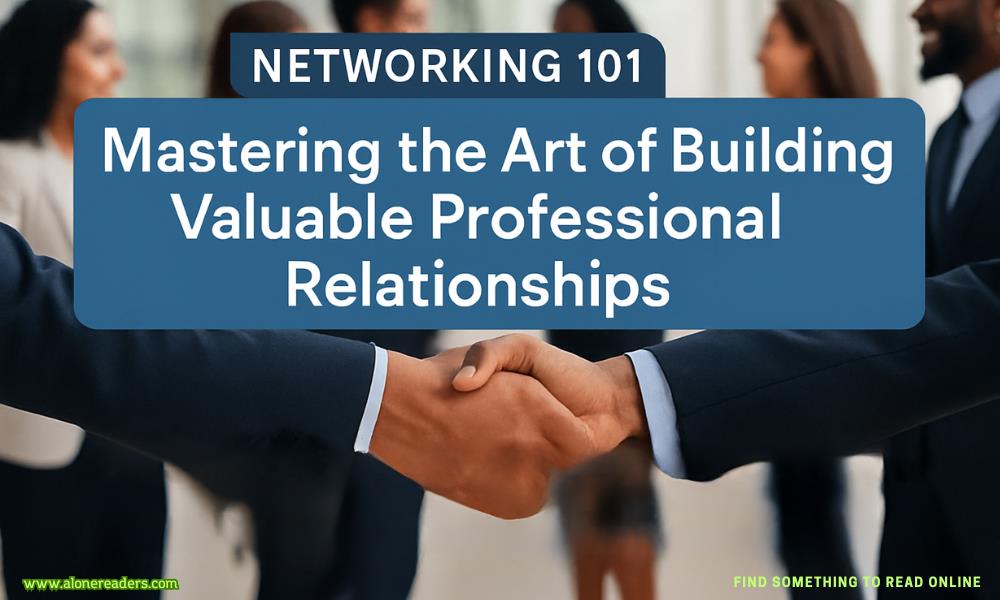Page 52 of Beehive
I scanned the wall, searching for any sign of movement. There was nothing—no retreating footsteps, no parting rustle of leaves. She’d vanished as quietly as she’d arrived.
“Unbelievable,” Thomas muttered. “She’s gone.”
“Just like in the shows,” I said with a grin.
Thomas shook his head, and I could feel his eyes rolling in the darkness. “She’s good.”
“Too good,” I replied, rising from the bench and stretching. “One day, she’s going to pull that vanishing act and not come back. I bet she won’t even leave us a damn note.”
I cast one last glance at the empty wall before we slipped back into the night. Visla’s instructions echoed in my mind like the steady ticking of a clock. Tomorrow was coming, and with it, another game we had to win.
19
Thomas
Antonov pulled up in front of the Reichsbank—what was left of it, anyway.
Like so much of Berlin, the once-proud facade was a shell of its former self, cracked and broken, a fading remnant of a shattered empire.
Antonov cut the engine, his expression unreadable beneath the brim of his hat. Will and I exchanged a quick glance, his eyes betraying none of the wariness I knew we both felt.
“Today, please, gentlemen,” Antonov groused.
We climbed out of the car.
“Now, you will see what it means to be thorough. The Reichsbank may have fallen, but what it held within—its records, valuables, traces of what the Nazis were hiding—that is what remains, and that is what we seek, yes?”
There was an edge to his words, a coldness that matched the hawkishness of his eyes. Will nodded, his face the picture of polite curiosity. He had perfected that look—equal parts intrigued and unimposing. The art expert he was pretending tobe fit in well here, nosing around the ruins of a bank turned art warehouse that had seen better days.
A couple dozen yards down the street, I spotted one of our goldfish.
Antonov stepped through the crumbling entrance, gesturing for us to follow.
The building’s marble floors were broken and still covered in debris. A Soviet banner hung over a shattered doorway. I couldn’t help seeing the bloody swastika that hung there a year earlier.
A dozen or so men milled about. Their voices were low, their movements deliberate, a stark contrast to the chaos of the ruins around them. As we strode past, I noticed they worked in teams of two or three, but never alone—cataloging, lifting, recording.
I kept my face neutral, though I couldn’t shake the feeling that the building itself was somehow watching us.
Antonov gestured toward a stack of crates piled haphazardly against a wall. “This is where we begin.” His voice echoed off the stone walls. “The Nazis were meticulous in their record-keeping; I must give them that. Everything they stole, everything they held—it is documented. Somewhere in these records may be the answers you seek.”
“Answers?” Will asked, stepping closer to one of the crates. “About stolen art, you mean?”
Antonov looked at him, the corner of his mouth twitching slightly. “Of course. Was there something else tickling your Amer—forgive me,Germancuriosity?”
The smugness of his smirk would’ve made the Mona Lisa blush.
I’d never wanted to punch someone so badly in my life.
“The Nazis were greedy, Mr. Müller, but they were also frightened. They knew their time was running out, and they hid things—valuable things. Your job is to find them, is it not?”
“Yes, quite right,” I said, reminding myself to remain calm and in character.
I moved toward a nearby table, covered in papers and ledgers. The documents were old and yellowed; some bore char at the edges. I picked one up, careful not to tear the fragile page. It was written in German, the ink faded but still legible. A list of names, perhaps? Or an inventory? It was hard to tell.
Will’s eyes scanned the room. “They certainly weren’t sparing any effort, were they?”
“Guess not,” I replied, my eyes flicking toward Antonov.















